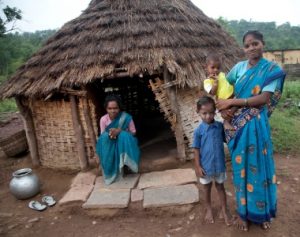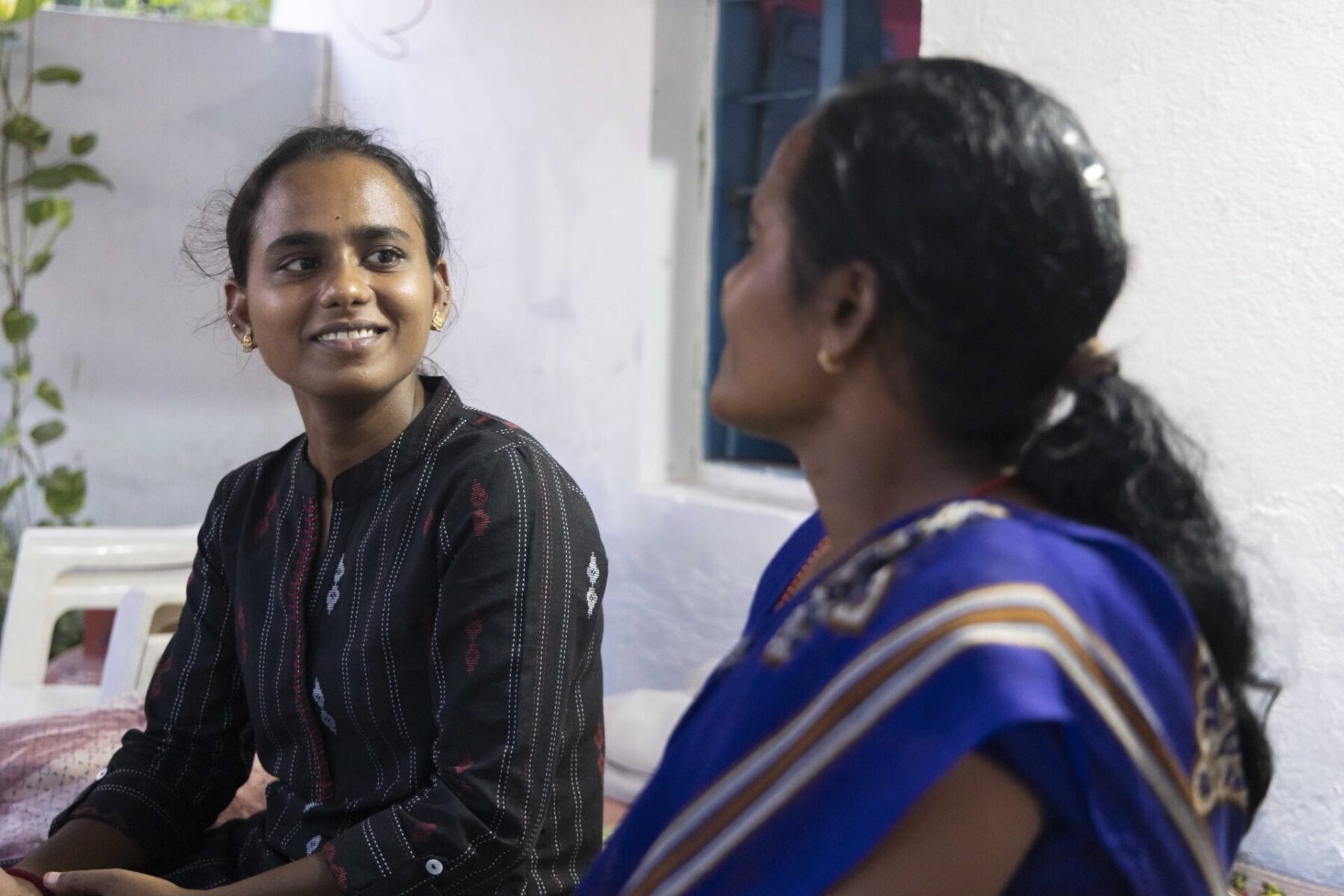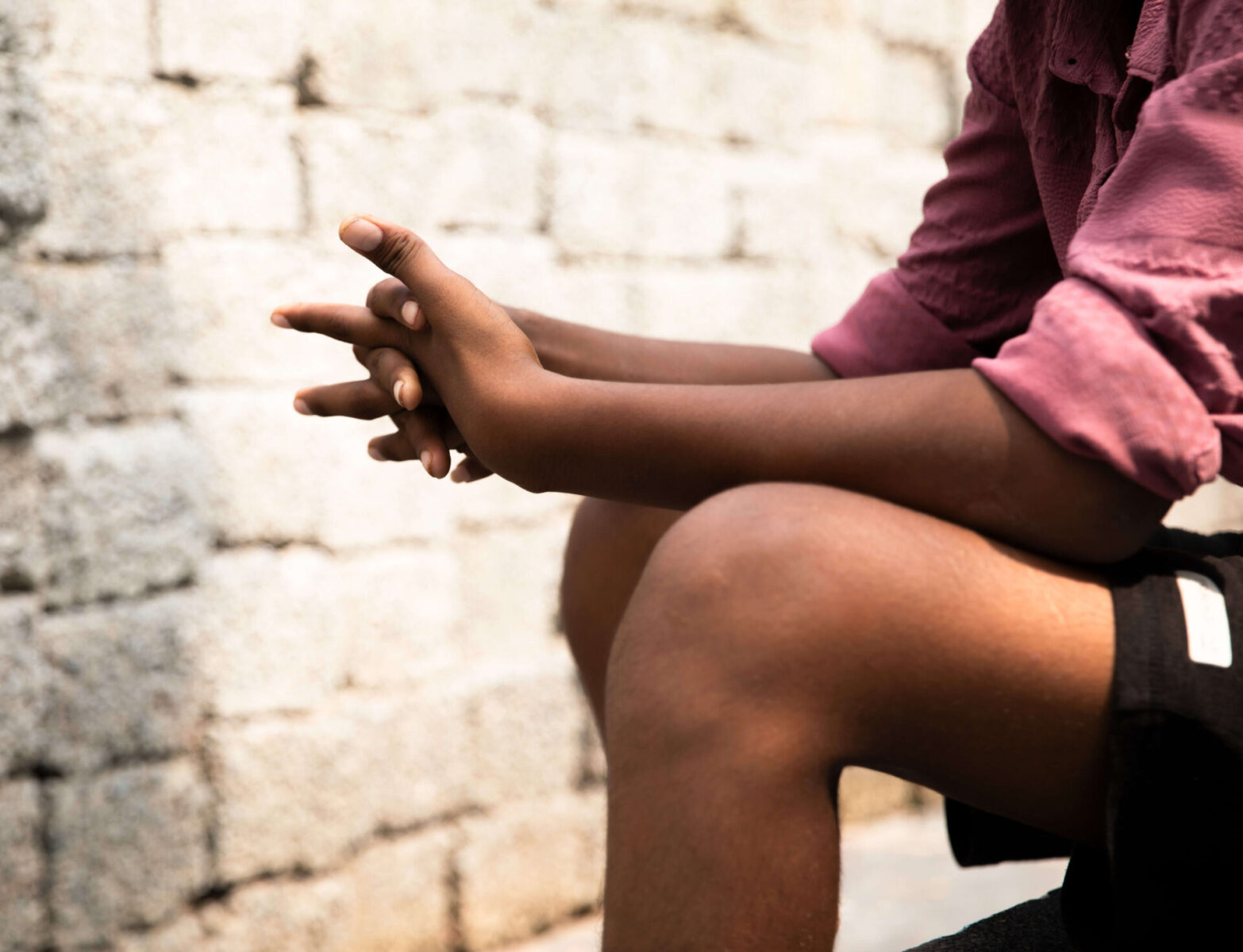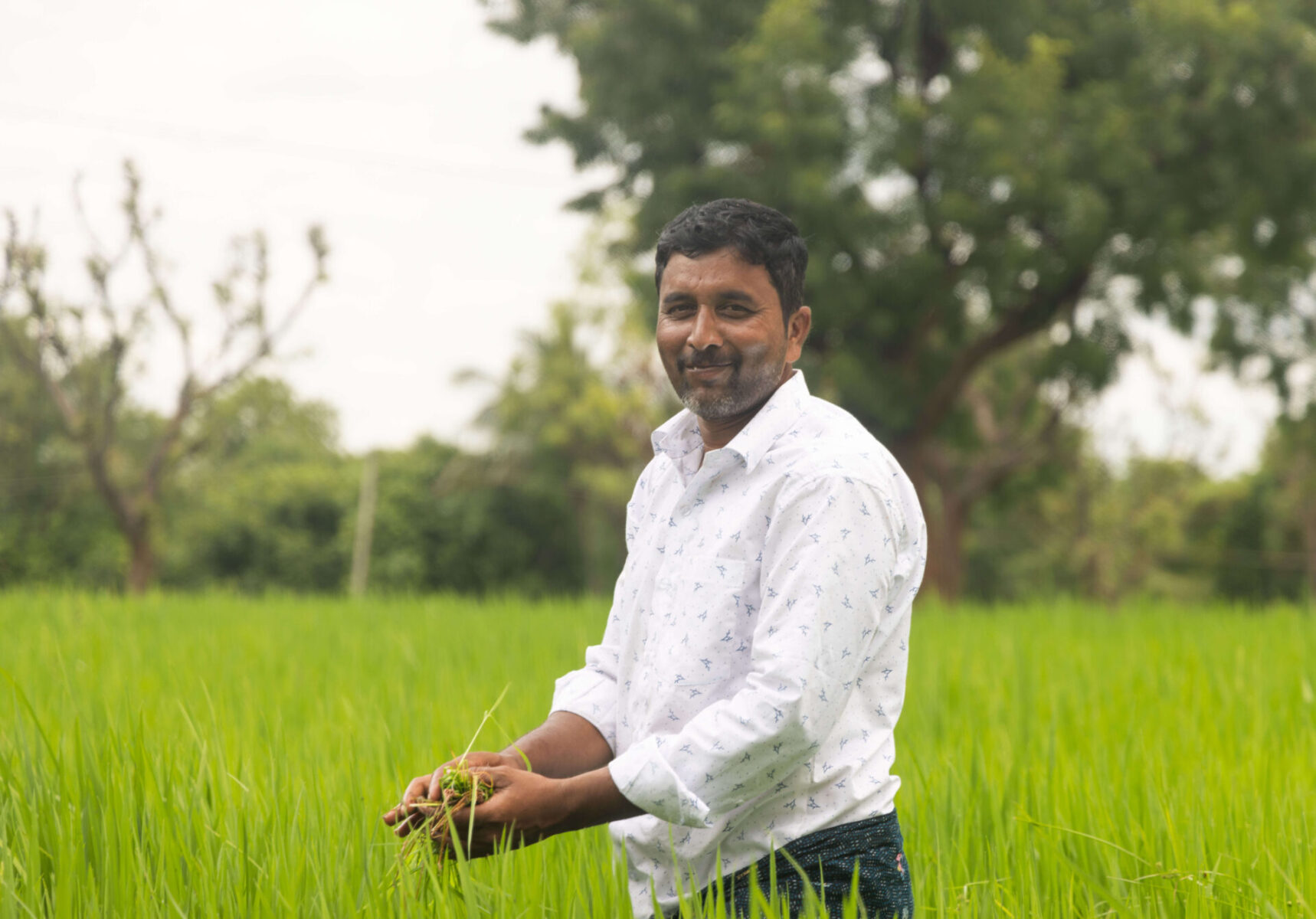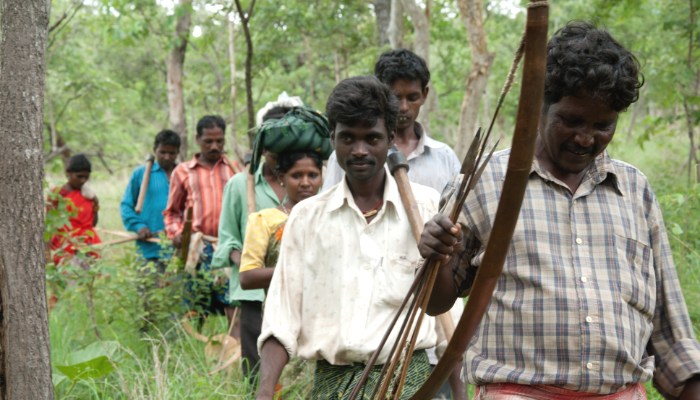
Honesty, determination and self-confidence are the three words that define Pushpa, the newly promoted Regional Director of Srisailam area. With over 20 years of experience in the organisation she is confident that anything is possible if the efforts of the community and the local authorities are combined.
Srisailam, where RDT has been working with the Chenchus since 2009, is a unique region. The Chenchus, an indigenous tribal community, have been subsisting deep in the Nallamala forest for centuries by collecting fruits, roots and honey from the nature.
Walking kilometres and kilometres of roads in poor condition to visit small lost villages in the middle of the forest is now a part of Pushpa’s daily life. Through her we get to know the Chenchus a little more.
How would you describe the Chenchus?
The Chenchus are simple and honest people with a big heart. They are very strong mentally because they live in harsh conditions. Despite all the difficulties they are contented in the forests as they have been doing for centuries, in contact with nature. There they feel comfortable and free. They are more afraid of cities than of wild animals.The situation of the Chenchus today is like that of Anantapur 50 years ago.
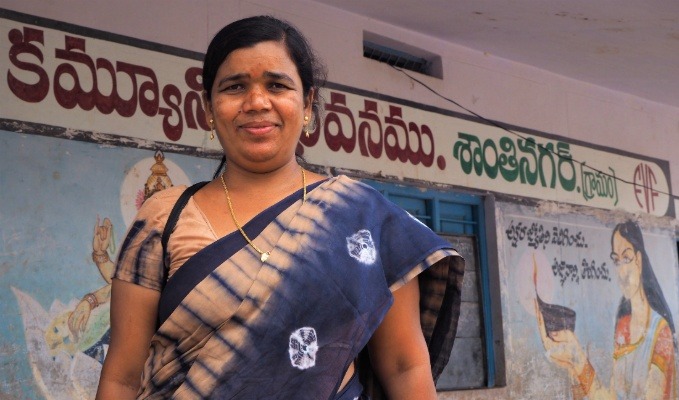
And what are the main challenges?
There’s a lot that needs to be done but for me the main priority is health and education. In most villages there is no adequate access to sanitation, drinking water or food. Services and other programs do not really reach the people due to inaccessibility.
That’s why we train rural health workers who go to the villages to create awareness on nutrition, infant and maternal health and to follow-up with pregnant women, the elderly and those with chronic diseases. We also run a small clinic in Mannanur and there are two mobile clinics with a doctor and a nurse who visit three or four villages every day.
Regarding education, the main obstacle is the inaccessibility. In many villages there is a school but teachers do not go. Children don’t attend school regularly as there is a lack of habit and family awareness regarding education.
What about the situation of women?
Chenchu women are strong and have great leadership skills, although there is still a lot of work so as to raise awareness and create opportunities for them. Two years ago we started to formulate women sanghams (self-help groups) and little by little the participation has been increasing. Alcoholism is another problem to tackle. On the other hand, a positive aspect for married woman compared to rural areas is that in some cases there is the possibility of separating and building your life again with another partner.
How do you coordinate with the government and administration to improve their conditions?
We can’t do everything. We must collaborate with the Tribal Development Agency and the governments of Andhra Pradesh and Telangana. The objective is not to repeat the same aid programs but to identify the discrepancies and provide support where the administrations cannot. More can be achieved if we combine our efforts.

And for that, the trust that the Chenchus have in RDT is key.
In 2009 when we first started here, the chenchus did not trust us. By visiting the villages frequently, talking with them to know their needs and starting the support programs, slowly, they started understanding and valuing our work. Now they have immense respect for us and they are the ones approaching us. Some chenchus have also visited few villages in Anantapur to learn from the experiences of other communities
Text: Oriol Petit and Aina Valldaura

